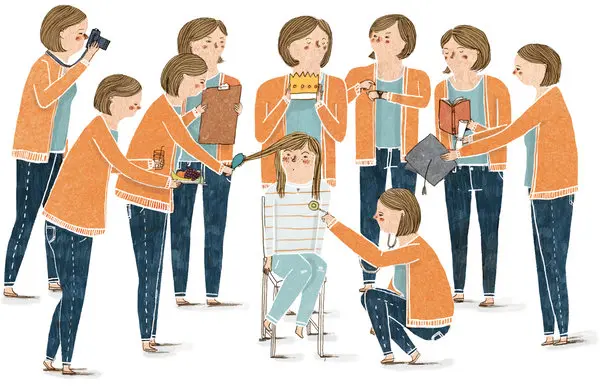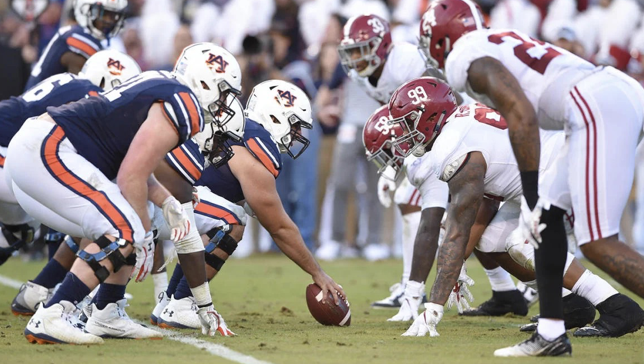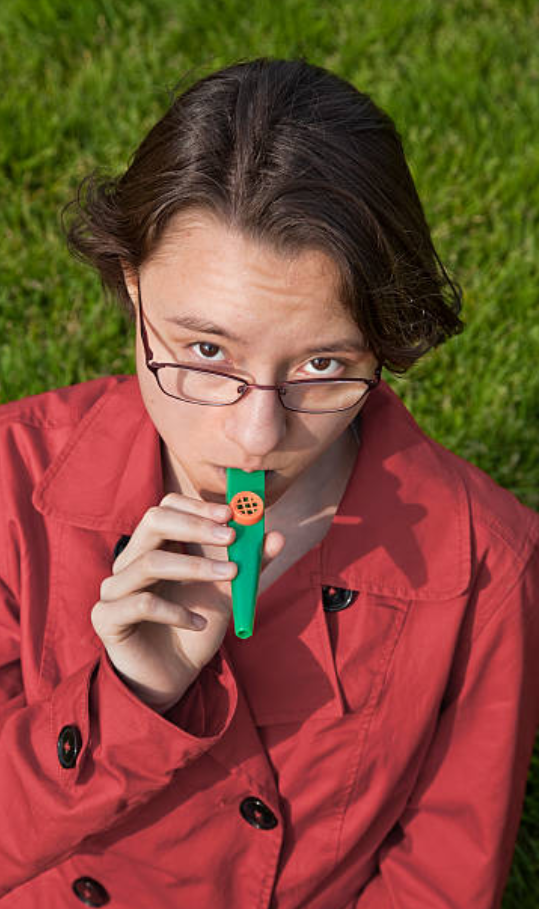Parental Expectations Have Taken Teenagers Hostage

Photo Courtesy of Lizzy Stewart on nytimes.com. Taken from the article “Raising Successful Children,” by Madeline Levine.
April 5, 2023
Have you ever felt trapped from the unrealistic expectations your parents want you to live up to? Parental Expectations can be a source of motivation for teenagers to better themselves, however, eventually these expectations can become unrealistic and nearly impossible to meet. Many parents to this day have started projecting their own insecurities onto their children which can cause their child to experience feelings of anxiety, stress, and much more. While it is normal for parents to want their kids to excel academically, socially, and be the best that they can be, there is a line that needs to be drawn. It’s imperative that parents start to understand the difference between wanting their kids to grow rather than pushing them to their breaking point. A few CHS students were asked how their parent’s expectations affected them as a person to this day; here are their responses. All students have been kept anonymous for privacy reasons.
Student 1:
“I have a lot of subconscious expectations for myself, and I get guilty for not doing things. For example, if I wake up in the morning and I don’t immediately start doing things even on a weekend like cleaning or schoolwork, then I begin to feel guilty about myself.”
“My dad’s always expected me to not sit on the couch and watch a show and would always tell me “you could be doing so much right now and you’re relaxing?”’
Student 2:
“Their expectations caused me to be less open with people and more closed off. Especially with my parents since I’m scared that they’ll criticize me. Their criticism especially with my academics has made me scared of asking for help in fear that they’ll see what level I really am on.”
Student 3:
“My mom encourages me to be better in school but not live up to her standards. Growing up she wasn’t the perfect student or anything, so she was harsher on me with school and sports to not end up like she did.”
“She’s not one of my role models and I don’t see her as an inspiration. She’s always been the kind of person where it’s gone by what she says with no questions asked.”
Student 4:
“Well, both of my parents were like Mr. and Mrs. Popular, and both did sports. My mom was the head cheerleader and was great at softball, while my dad was the top student in his classes while also being the head of the volleyball and football teams. With this, I feel like I have a lot that I have to live up to but I’m not a sports person nor am I a people person. So that kind of thing has always been more difficult.”
“You can’t force on your child what you think their life should look like, because everybody wants to take on their own path. This only causes more resilience in the end.”
Student 5:
“So, my parents have made a positive impact on me. Like if I do a good thing or if I struggled with something, they know that I try my hardest.”
“My mom and dad are both like my best friends and my personality mainly comes from them. When around other people, they tend to say I’m really funny and like my dad.”
Overall, parents are affecting their kids in more ways than one. Even if some parents have positive intentions with these expectations, their children are changing things about themselves just to meet them. Eventually these parents will realize that the call could be coming from inside the house and learn to be mindful of how they may influence their kids.

































